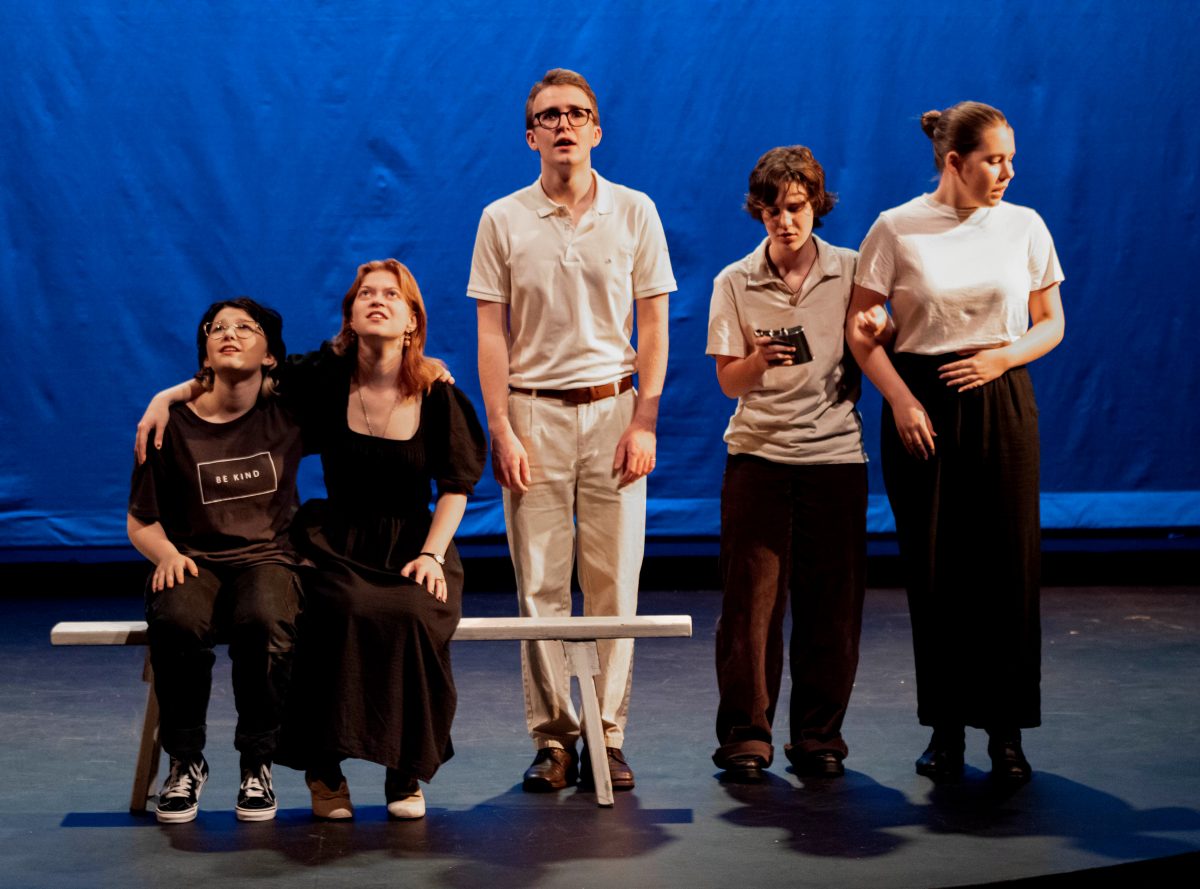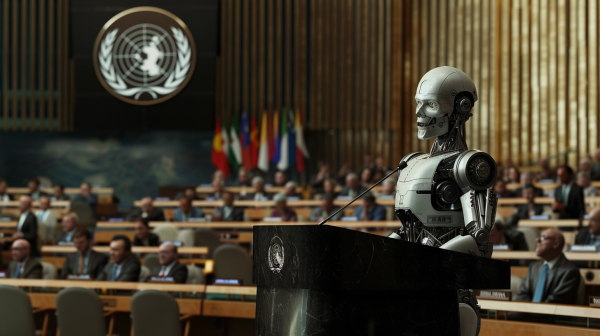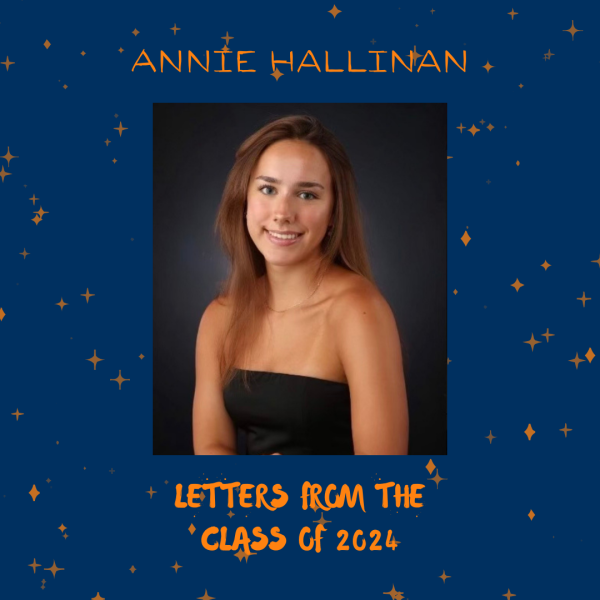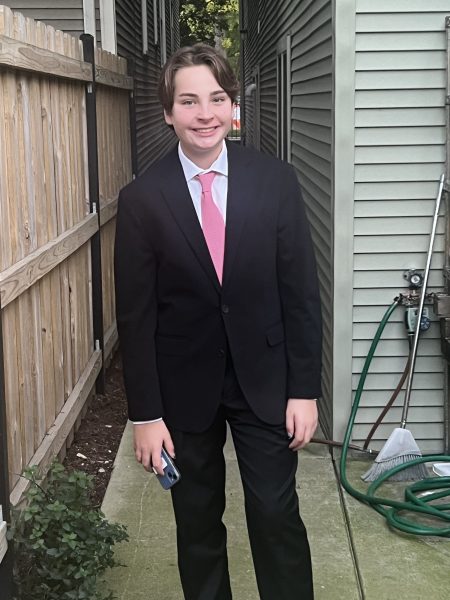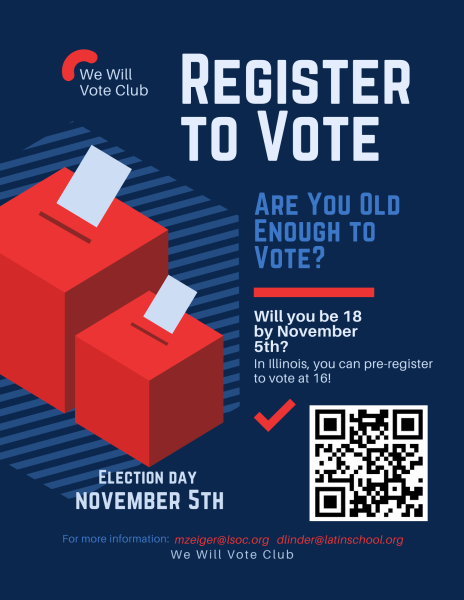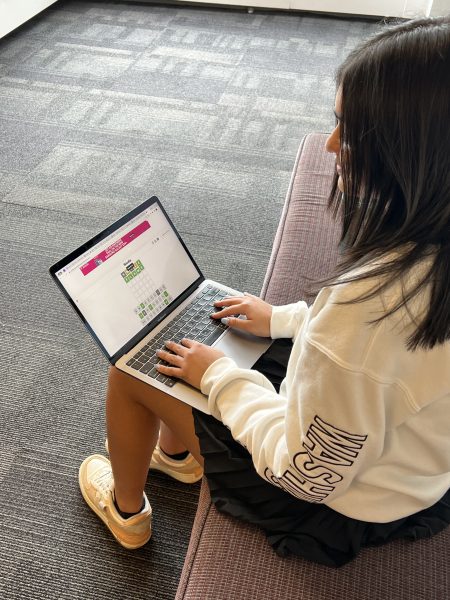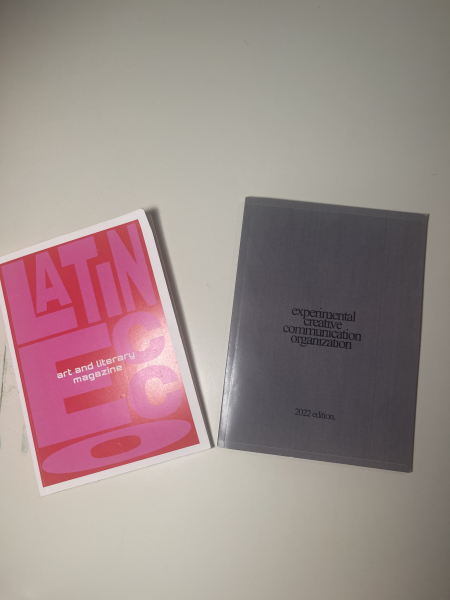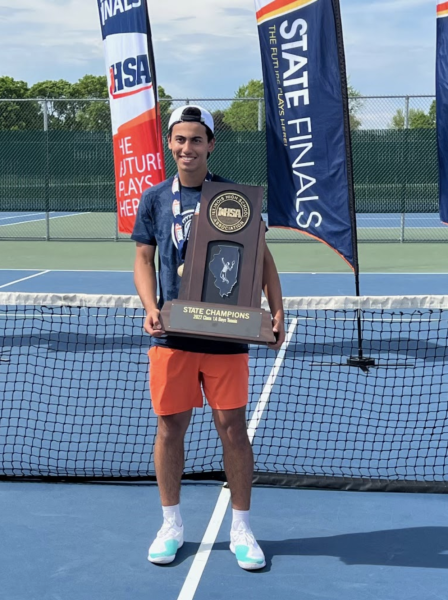How do Latin students feel about teachers disclosing their beliefs?

High school is a crucial time for students to form their own political opinions as they start to realize the importance and relevance of current events. Oftentimes these political views begin to form in the classroom. Therefore, teachers take on fundamental roles in shaping students’ views, leading some to wonder whether teachers should voice their own political opinions and interject when discussing complex political topics.
When asked whether they feel that teachers should disclose their own political views, students gave mixed responses. Some were in favor of teachers doing so, while others found it unproductive and even problematic.
In the Debate Club, sophomores Sofia Uddin and Ainsley Heaton discussed this topic and offered similar positions. Sofia said, “Teachers should be able to share their political opinions with the class, because it is important for students of all ages to hear an alternate perspective on various political topics.” She emphasized the importance of getting new views, arguing that “most of the time, students are limited to only hearing their parents’ political opinions, so they develop similar opinions because they look up to their parents. Teachers are educators who are also looked up to by students, so being exposed to political opinions by another educated adult can be helpful for the student as they form their own views.”
Ainsley is also in favor of teachers expressing their views. “It is extremely hard for a teacher to lead a completely unbiased conversation, which is why it is necessary for teachers to disclose their political opinions, so the students can better understand and weigh the possibilities for the direction of conversation. Similarly to how we are informed about the bias within news outlets, the same should be applied to teachers overseeing these political discussions.”
McLaine Leik, another sophomore, offered a different perspective. McLaine acknowledged the importance of exposing students to new political views, but she said, “Teachers disclosing political beliefs becomes problematic when they format their opinions as fact and disrespect other stances on certain issues.” McLaine mentioned that she has experienced times when she has felt shut down, when she has had an opposing view and teachers have framed an opinion “as the only ethical response.” Additionally, she said, “When teachers don’t display both sides of an issue evenly, they are not effectively teaching students. Students should be given both sides of the argument, and then should make an educated decision on where they stand.”
Annika Puri, a freshman, offered a similar view. “Being a teacher comes with many responsibilities, one of which is letting students form their own views,” Annika said.
English teacher Brandon Woods noted that he has been in this position of having to decide whether to share his own political views with students. “Context matters,” he said. In classroom settings, he said, “I would be reluctant to share my own political opinions,” explaining that it’s his job as an educator to “give space for students to figure it out for themselves, and I don’t want them to have to calculate my political beliefs into their views.”
Mr. Woods said he doesn’t want students to feel like they have to take his beliefs into account when they form their opinions and speak on topics. However, outside of the classroom, in an environment like a club, he thinks it’s okay for teachers to share their views. “If it’s just a conversation and people are sharing aspects of themselves, I think it’s fine.”






























